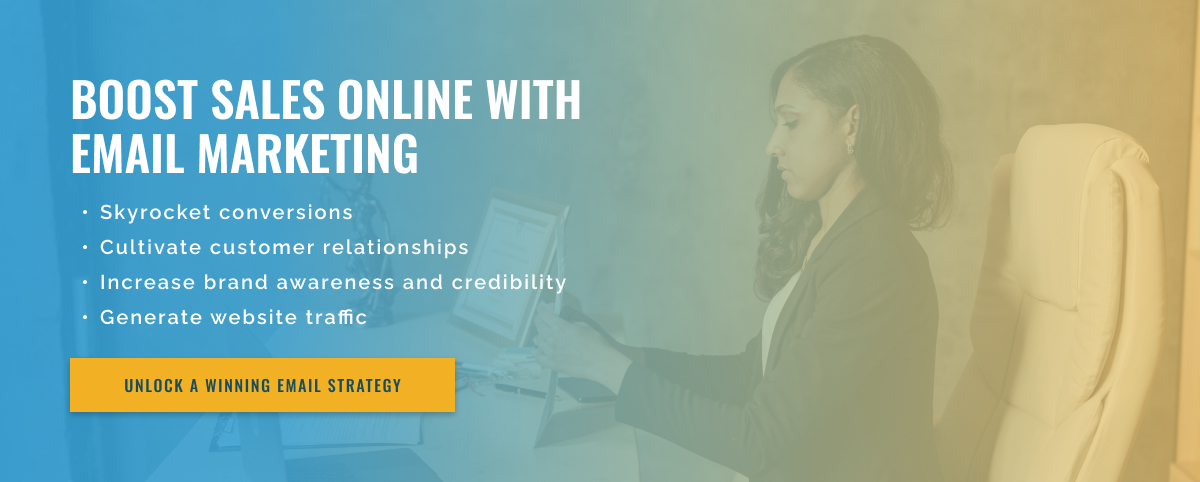3.5 minute read
Email Marketing for B2B Decision-Makers and Stakeholders
Email marketing is a powerful tool for businesses to reach their target audiences and engage decision makers and stakeholders within organizations. B2B companies can use email marketing to improve their marketing efforts by communicating directly with prospects and customers through their email inbox. With the rise of digital communications and the increasing role of email in the business world, it has become essential for companies to integrate email marketing into their strategies to attract, engage, and convert decision makers and customers.
The first step to using email marketing for B2B businesses is to create a targeted email list. This list should include potential clients and customers of the company’s target organizations. An email list can be built by offering valuable content, such as whitepapers, webinars, or eBooks, in exchange for the recipient’s email address. This can ensure that people on the list are interested in what the company has to offer, increasing the chances of conversion.
Once the email list is established, B2B companies can use email marketing to engage decision makers and stakeholders within target organizations. Personalization is the key to successful email marketing. By addressing the recipient by name and tailoring email content to their specific needs, B2B companies can make their emails more engaging and relevant. This can be achieved by segmenting the email list based on factors such as job title, industry, or interests.
Another effective way to engage decision makers and stakeholders is to provide them with valuable and informative content. B2B companies can use email marketing to share industry insights, case studies, or success stories to establish themselves as thought leaders and a trusted source of information. Not only can this catch their attention, but it can also increase their trust in the company, thus increasing the chances of conversion.
Additionally, B2B companies can also use email marketing to capture leads and move them through the sales funnel. This can be done by sending targeted and personalized emails, such as product and service updates, demo offers, or free trials. By providing relevant information and offers, B2B companies can effectively nurture leads and ultimately convert them into customers.
In addition to engagement and conversion, email marketing can also be used to gather valuable feedback from decision makers and stakeholders. B2B companies can send surveys or polls via email to better understand your pain points, preferences, and needs. This information can then be used to improve the company’s offerings and adapt its marketing approach to better resonate with its target audience.

